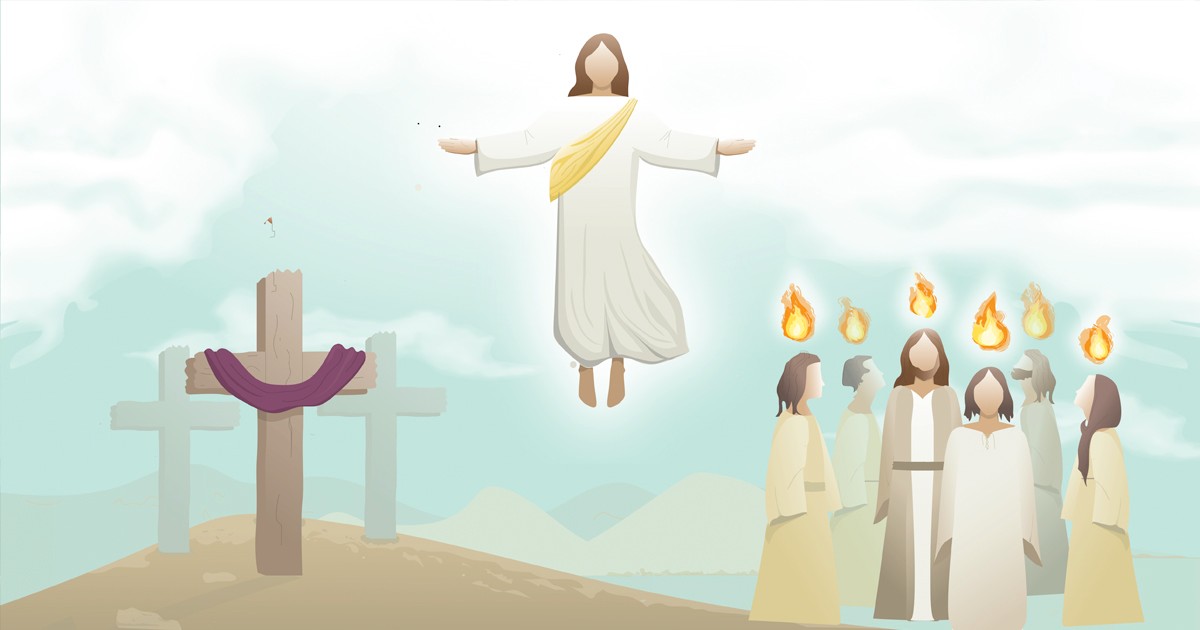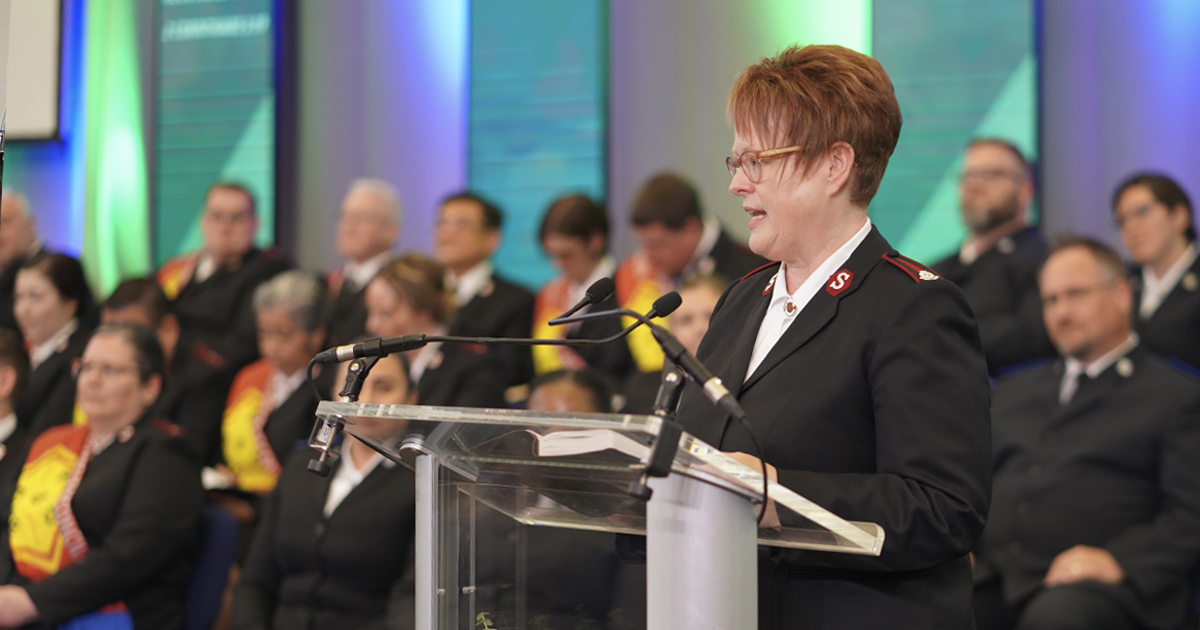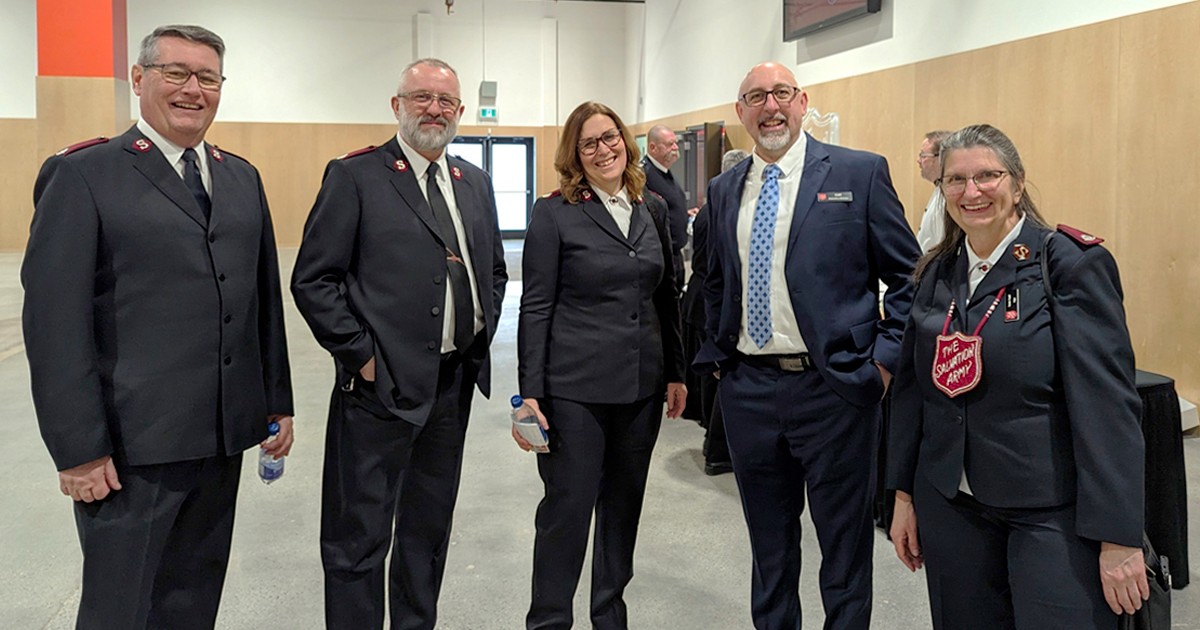
 In their Talking It Over series, Dr. James Read, director of The Salvation Army Ethics Centre in Winnipeg, and Dr. Aimee Patterson, Christian ethics consultant at the centre, dialogue about moral and ethical issues.
In their Talking It Over series, Dr. James Read, director of The Salvation Army Ethics Centre in Winnipeg, and Dr. Aimee Patterson, Christian ethics consultant at the centre, dialogue about moral and ethical issues.
DEAR JIM,
Corruption is a prominent news item these days. I'm continually discouraged to hear of public trustees and politicians in Canada misusing funds and engaging in cronyism. And around the world corruption runs rampant, often enmeshed in the so-called legitimate operations of a country. The World Bank pegs bribes globally at more than $1 trillion a year! Bribes, siphoned resources, the black market, vote buying, threats and actions of violence—each one overturns the stability of individuals, families and communities. Corruption keeps people impoverished, desperate and without the power to effect change.
That's why I was interested to learn about EXPOSED. It's a global campaign supported by The Salvation Army with the theme Shining a Light on Corruption. Its chief practical aim is to solicit public action through the signing of a petition for financial transparency and government accountability to G20 leaders. Signing the petition (signup.exposed2013.com) has helped me feel like there is something I can do about corruption on a grand scale.
Corruption is difficult to target because of the way it works. It breeds in the dark, requiring secrecy or collusion. Without checks and balances that promote transparency and protect whistleblowers, we really are left to fumble around in the dark.
Since The Salvation Army is supporting this initiative, I think it's only right that we also turn the mirror to ourselves. In our efforts to curb the public corruption that traps people in poverty and other oppressive situations, we should not pretend we are immune to the dynamics that can breed corruption. How do we measure up when it comes to implementing checks and balances that preserve integrity? Are we a “light on a hill” when it comes to corruption?
AIMEE
DEAR AIMEE,
You don't hold back on the hard questions, do you? I'm glad. Too many people in too many places self-censor. I have a tendency to do that myself. Biting your tongue isn't corruption, but it helps corruption grow.
What impresses me about the prophets of the Bible is their refusal to shut up. They made corrupt officials uncomfortable by speaking out. And yet their words were preserved! I am amazed that King David didn't simply eliminate Nathan from the record. Instead, their confrontation is there for all to read in 2 Samuel 12:1-14. It says something to me about the strength of a community that has a place for its “awkward” voices. But I digress.
In answer to your question about The Salvation Army—no, I don't think we are a “light on a hill” in every respect. Though in the matter of financial reporting, I think we set a pretty high standard. Salvationists and the public are regularly told how much money The Salvation Army has, where it came from and where it is being spent or invested.
One of the William Booth stories I relish concerns money donated for the “Darkest England Scheme.” Prominent Englishmen of the time—Thomas Huxley, for one—openly alleged that Booth was actually lining his own pockets with the money people were giving for “Darkest England.” It says a lot to me about Booth's moral courage and thick skin that he met the challenge head on, and welcomed The Times of London's proposal of an independent audit, which exonerated him and enhanced public confidence in the Army as a whole.
But corruption is not just misappropriation of funds. The Bible skewers judges who only hear the cases of the rich, prophets who tell their listeners merely what they want to hear and priests whose delight is showy festivals. I think the criticism is not only that the judges, priests and prophets can be “bought,” but also that they have betrayed their calling. A lack of access to fair courts is itself corrupt. So is an educational system that treats students as customers and a church whose goal is to be popular.
What do we do about that kind of corruption?
JIM
DEAR JIM,
What do we do when we betray our calling and character? When we lose sight of what we're about? Again, hard questions! This kind of corruption is even trickier to perceive than something concrete like financial exploitation. Yet it is intimately related to the abuse of power and perhaps the most radical kind of corruption. We're not only talking about the collapse of just systems, but a loss of identity.
Matters of calling and character turn my gaze toward the virtues and practices that sustain these things. As you say, one of Nathan's virtues was that he refused to shut up! But David's virtues included responsiveness and repentance. Nathan could have been made subject to a further abuse of power. David could have tossed him out. But he didn't. David was far from perfect, but when his actions were exposed to the light, he humbly submitted to Nathan's (and God's) accusation.
This seems to represent something we need to be intentional about as we nurture our own communities and build up our leadership. As Christians, we're called to a practice of mutual accountability. As leaders, we're to be open to the constructive dissent of others. How do we ensure there are places in our communities for awkward voices (besides yours and mine)? True, not every criticism will be accurate or fully representative of the situation, but we need to be careful not to let defensiveness make us blind to our faults. Perhaps each of us in leadership ought to engage a “Nathan”—someone who is active in their faith, measured in their judgment and not afraid to speak up—to hold us to account.
AIMEE
DEAR AIMEE,
Corruption as a “loss of identity”?
My initial reaction was, “Nah, that can't be right. The most corrupt thugs and manipulators don't seem to me to be suffering any identity crisis!” But then I thought, “Maybe she's right.”
My identity as a teacher isn't only whether I want to be a teacher or feel good about being a teacher; it's whether there are any students who will learn something. There is an internal metric and an external metric. An uncorrupt system will assess my work on criteria that are relevant to both, and not just “satisfaction.”
My point—which I guess really is your point—is that we need accountability to prevent corruption, and we need accountability to the proper measures. Acts 17:11 says “the Berean Jews were of more noble character than those in Thessalonica, for they received the message with great eagerness and examined the Scriptures every day to see if what Paul said was true.” I find this compelling because the Bereans held someone as distinguished as Paul to a standard that neither they nor he invented.
What is the identity of leadership, according to Jesus? Not merely exercising power. And what is the identity of discipleship? Not merely following. We need personal character to stay on track, but we need a culture of objective accountability just as much.
How is that achieved? For a start, those who are suffering the most under the grindstone of corruption need those of us who aren't to shine a light on their circumstance and refuse to simply go along.
Grace and peace,
JIM
Photo: © iStockphoto.com/monkeybusinessimages










Leave a Comment